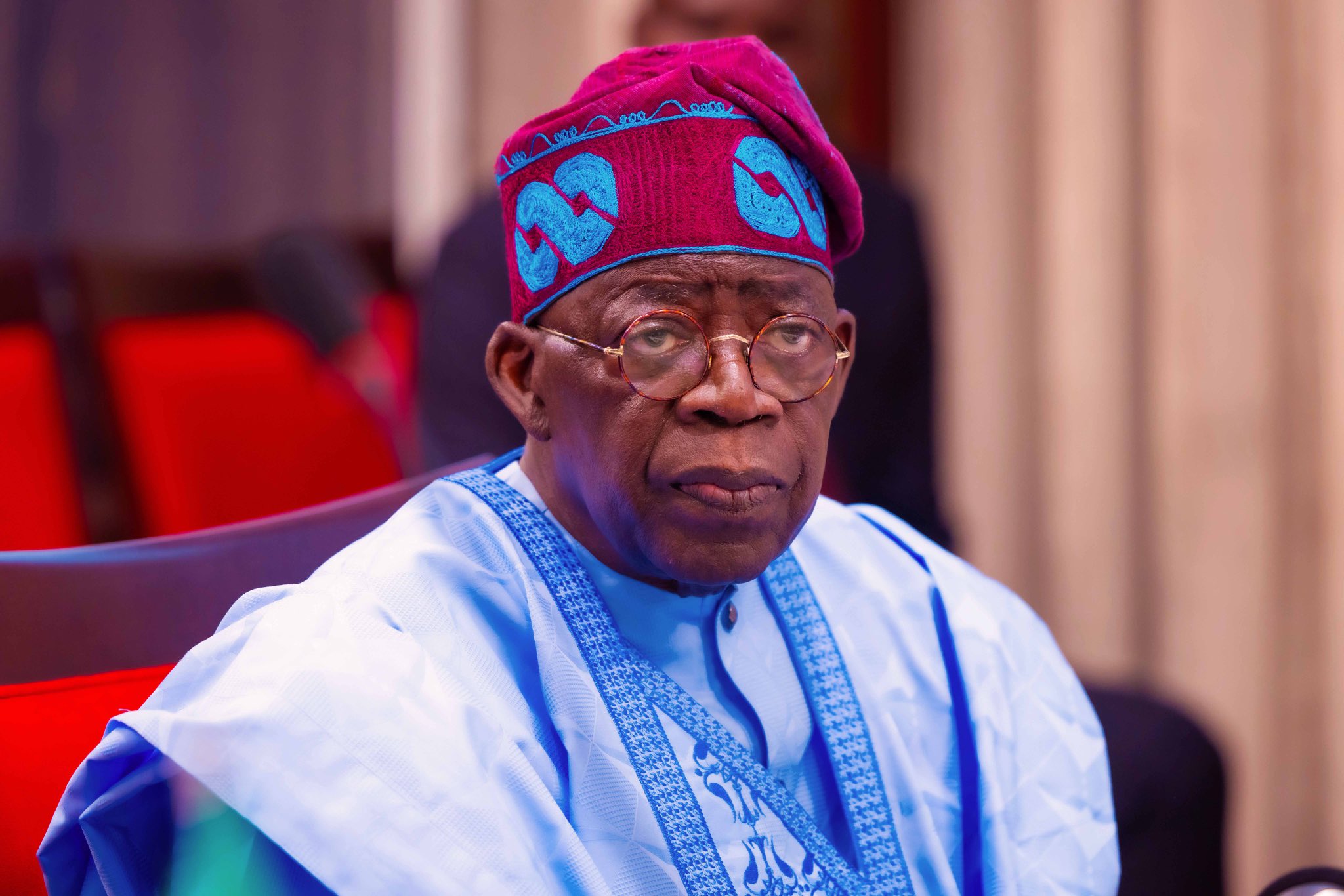President Bola Tinubu has emphasised that his administration, with its Renewed Hope Agenda, remains committed to pursuing programmes that would enhance service delivery, thereby culminating into rapid transformation of the education sector in Nigeria. President Tinubu gave this assurance while speaking at the just-concluded convocation ceremony of the Federal University of Agriculture, Abeokuta (FUNAAB), Ogun state.
The president and visitor to the university, noted that his administration was interfacing with critical stakeholders in the education sector to share ideas, appreciate frontiers and provide necessary support for the nation’s agriculture sector, saying this was reflected in the recent establishment of the Students Loan Scheme to support roles of the existing scholarship boards. Tinubu, who was represented by the Minister of State for Education, Hon. Yusuf Sununu, reiterated that his administration had exempted federal universities and polytechnics from the Integrated Payroll and Personnel Information System (IPPIS), to accommodate their peculiarities in the corporate governance of the nation’s citadels of learning.
He disclosed further that a considerable amount had been earmarked in the 2024 Appropriation Act for the country’s education sector, saying generally, the purpose of the Act “is to enhance socio-economic growth, and to see that the university systems play a critical role in achieving their projections in 2024 as a nation”. The nation’s number one citizen, however, called on all major stakeholders in the university system, especially the university-based unions, to see themselves as partners in progress, “so as to build a system that is devoid of strike and disruption of academic calendar”, with assurance that his administration would be responsive and have listening ears to agitations in the Nigerian universities.
Meanwhile, the Chancellor of the institution, His Eminence, Edidem Ekpo Okon, Abasi-Otu V, the Obong of Calabar, had urged graduating students of the university to be solution providers, and think solutions in terms of job-creation and not job-seeker. The chancellor gave the charge while delivering his address at the just-concluded 31st Convocation Ceremony of the university. The monarch challenged the graduating students to deploy the knowledge they had acquired into practice by creating positive systems and platforms, which have the capacity to generate employment for other young men and women, saying doing this would make them to contribute their quota towards reducing unemployment rate in the country.
The chancellor thanked President Tinubu for heeding the calls of stakeholders in exempting universities and other tertiary institutions from PPIS in order to enhance the corporate governance system of the nation’s universities, while appealing to the president to look into the constitution of governing councils for the federal universities.
The Obong of Calabar urged the graduating students to be worthy ambassadors of the university in all facet of their life. The royal father called on all stakeholders to join hands with the Vice-Chancellor, Prof. Olusola Kehinde, and the university management as they collectively strive towards building the FUNAAB of their dreams. Earlier, a convocation lecture had been delivered by the Secretary to the Committee of Vice-Chancellors of Nigerian Universities (CVCNU), Prof. Yakubu Ochefu, where the don charged higher institutions in Nigeria to embrace modern agricultural practices, noting that food production should be technology-driven through deployment of drones, robots, driverless tractors, among other new age equipment and facilities.
An educationist, Comrade Samuel Ogunniyi, has done an appraisal of the federal government’s new initiative on how to make our educational institutions function better by providing the necessary resources such as the Student Loan Scheme of the federal government is a right step in the right direction, noting that the scheme is aimed at helping the under-privileged, gifted and talented students of all higher institutions to pay their school fees.
According to the teacher, students of higher institutions in the country were dropping-out of school, and this had been constituting a menace to society, adding that the criteria for obtaining the loan should not be too cumbersome, while the interest rate should be reduced to the barest minimum. The radio guest also warned the government not to politicise the scheme, saying people with good report should be allowed to handle the programme, noting that the scheme would be successful, if planned and well executed. Comrade Ogunniyi, however, urged indigent Nigerian students and parents, who could meet the criteria, to go for the loan with an admonition that the government should look beyond giving out loans, but devise other means of alleviating poverty for the betterment of Nigerians and the country at large.
In the final analysis, two things are key to revamping our education sector to make it up to the desired standards. The first is adequate funding while the second is quality assurance while hoping that relevant actors would do the needful by ensuring the education takes its pride of place as a veritable tool for national development. Therefore, it is important that we remind the Tinubu administration for the planned interfacing with critical stakeholders in the education sector to share ideas, appreciate frontiers and provide necessary support.
The presidential promise on education




